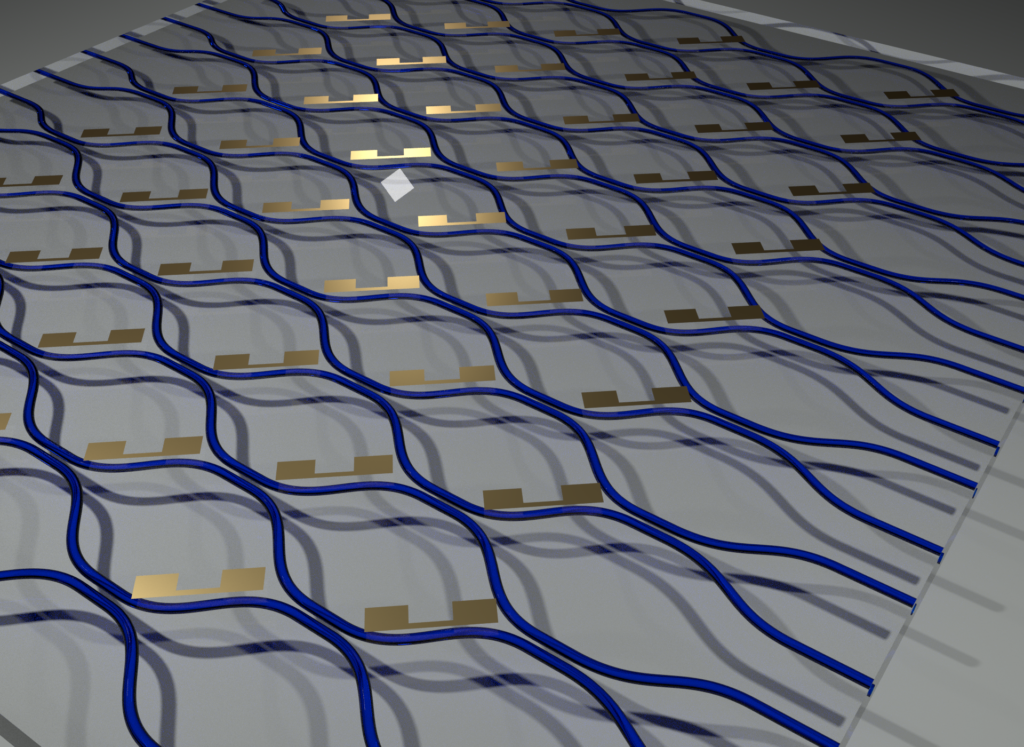QUantum advantage via non-linear BOSon Sampling

After decades of progress in quantum information science, it is widely expected that in the next few years the field will start to yield practical applications in quantum chemistry, materials and pharmaceutical research, information security, and finance. For these applications to pan out, a crucial intermediate goal is to reach the quantum advantage regime, where quantum devices experimentally outperform classical computers in some computational task. The Boson Sampling problem is an example of a task that is computationally hard for classical computers, but that can be solved with a specialized quantum device using single photons interfering in a multimode linear interferometer. The aim of QU-BOSS is to experimentally push towards the quantum advantage regime with integrated photonic technology. The key ingredient is to introduce a new concept of Boson Sampling which also exploits non-linearities, to lower the requirements necessary to reach the scenario where a quantum device solves the problem faster than a classical one.
QU-BOSS is planned to provide an experimental research breakthrough along several directions, including both “hardware” and “software” components. Different approaches will be adopted, based on hybrid integrated quantum photonics, a versatile and flexible route to manipulate high-dimensional quantum photonic states. Finally, the developed technology will be adopted to implement different architectures demonstrating quantum machine learning. QU-BOSS aims to position integrated photonics into the NISQ (noisy, intermediate-scale quantum) era, opening up new scientific horizons at the frontier of quantum information, quantum control, machine learning and integrated photonics.
Funding programme: ERC Advanced Grant 2019
Overall funding: 2.875,000.000 €
Period: 1 August 2020 – 31 July 2026
Principal Investigator: Fabio Sciarrino, University of Roma “La Sapienza”
Partners:
Roberto Osellame, IFN-CNR
Ernesto F. Galvão, INL, Portugal

3 commenti su “QU-BOSS-ERC Advanced Grant”
I commenti sono chiusi.